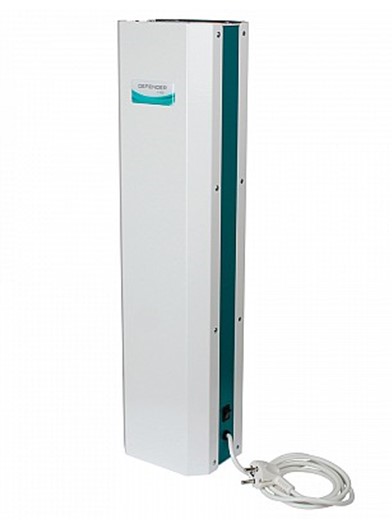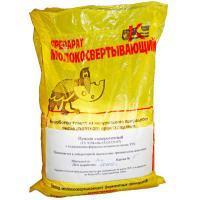China named the cause of a new wave of infections among children
All acute respiratory diseases recorded in China are caused by known pathogens for which there are developed treatment methods, and no diseases caused by new viruses or bacteria have been identified, representatives of the National HEALTH Commission of the People's Republic of China said at a press conference. The transcript was published on the microblogging service Weibo.
Chinese authorities continue to monitor cases of winter respiratory diseases and are also taking measures to allocate medical resources and optimize treatment, the commission said.
At the end of November, The Telegraph, citing the ProMed service (which tracks outbreaks of human and animal diseases around the world), reported outbreaks of “undiagnosed pneumonia” in children in northern China. The publication noted that it was ProMed's warning in December 2019 that drew attention to the new virus, which later became known as SARS-CoV-2, which causes covid-19 .
Amid reports of an increase in the incidence of “undiagnosed pneumonia” in children, the World Health Organization (WHO) contacted Beijing. Chinese authorities told the organization that the number of admissions for outpatient and inpatient treatment of children with mycoplasma pneumonia began to grow in May, and diseases, including those caused by human respiratory syncytial virus (RSV), adenovirus and influenza virus, began to spread rapidly in October. reports The South China Morning Post.
Influenza is the leading cause of reported illness among people of all ages in the country over a five-week period, according to the Beijing Health Commission. SCMP notes that mainland Chinese media have reported long queues at both outpatient and inpatient pediatric clinics across the country.
Tianjin Children's Hospital operates around the clock, serving 13,000 patients daily in outpatient departments and emergency departments, a record high, Tianjin People's Broadcasting Station reported.
Mycoplasma pneumonia is an atypical pulmonary infection caused by Mycoplasma pneumoniae. The peak of seasonal fluctuations in the incidence of such pneumonia is typical for the autumn-winter period; children and adolescents are mainly susceptible to it .
The disease is accompanied by a strong and prolonged cough, chest pain is noted, and bronchial obstruction may develop. To confirm the diagnosis, a PCR test is recommended.
Mycoplasma pneumonia usually has a favorable course, in rare cases it is very severe.
RBC Pro development program Delegation: how to delegate tasks to employees Refuse and delegate: what tasks you should not waste your time on Effective delegation: principles of transferring tasks and powers How to stop being a tyrant manager Seven rules of delegation: how to delegate a task and not regret it Down with micromanagement: how to effectively delegate powers Delegate and leave: how to avoid fatal mistakes when transferring tasks How to correctly delegate powers to performers - three ways Which tasks of a CFO are dangerous to delegate to subordinates The evolution of management: how to effectively move from directive to delegation RBC Pro: why multitasking interferes with work and how to do it confront When, how and what to delegate: a checklist for transferring tasks If you multitask, you are ineffective: how to fix itThe bacterial infections that cause mycoplasma pneumonia are usually accompanied by mild respiratory symptoms, but experts and officials said the outbreak in China this year was particularly serious because the bacteria are resistant to macrolides, a group of antibiotics commonly used to treat respiratory infections. , skin and sexually transmitted diseases caused by mycobacterial infections.
Experts in mainland China have long warned about macrolide-resistant mycoplasma pneumonia. In 2013, scientists from the Chinese Center for Disease Control and Prevention indicated that the rate of resistance among patients in Beijing was higher than in other countries, indicating the prevalence of infection.
The American peer-reviewed scientific journal Antimicrobial Agents and Chemotherapy, cited by SCMP, noted that resistance to macrolides in the case of mycoplasma pneumonia among the Beijing population increased from 68.9% in 2008 to 97% in 2012. The authors of the article indicated that high rates of resistance in the Chinese capital may also be associated with the excessive use of antibiotics.
Experts from the Center for Disease Control in Beijing's Shunyi district published a paper in 2019 about an outbreak at a school that occurred the year before. A total of 55 students were diagnosed with the disease caused by Mycoplasma pneumoniae, 25 of them were hospitalized due to complications, writes The South China Morning Post.



























































